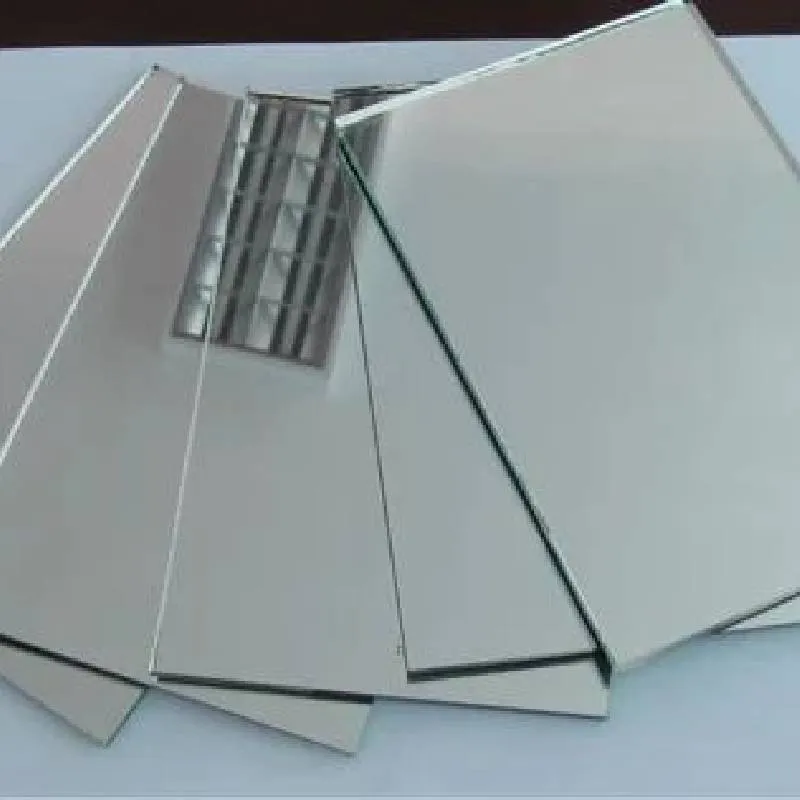

The Versatility and Importance of 12mm Float Glass
In the realm of construction and interior design, glass has emerged as a pivotal material that not only enhances aesthetics but also contributes to functionality. Among the various types of glass available in the market, 12mm float glass stands out for its remarkable qualities and diverse applications. In this article, we will explore the characteristics, manufacturing process, uses, and advantages of 12mm float glass.
Understanding 12mm Float Glass
Float glass is a type of flat glass that is manufactured using a process that involves floating molten glass on top of molten tin. This method results in a glass surface that is remarkably smooth and free from distortions, making it ideal for various architectural and decorative applications. The thickness of 12mm (millimeters) indicates that this type of glass is relatively thick, providing added strength and insulation compared to thinner alternatives.
Characteristics of 12mm Float Glass
The key attributes of 12mm float glass include its clarity, strength, and durability. The glass has a high degree of transparency, allowing natural light to penetrate while providing a clear view. Its thickness enhances its structural integrity, making it resistant to shattering and impact. Furthermore, float glass can be treated or coated to improve its performance regarding thermal insulation, UV protection, and energy efficiency.
Manufacturing Process
The production of float glass begins with the melting of raw materials, primarily silica sand, soda ash, and limestone, at high temperatures. Once these materials form a molten glass mixture, it is poured onto a bed of molten tin. This floating process allows the glass to spread out evenly, forming a flat surface as it cools. The glass is then cut into sheets of various dimensions, with 12mm being one of the popular thicknesses used in various applications.
Applications of 12mm Float Glass

The versatility of 12mm float glass is evident in its wide range of applications. In architecture, it is commonly used for windows, facades, and glass walls, providing both aesthetic appeal and structural support. The thickness of 12mm offers better insulation properties, making it suitable for maintaining temperature control within buildings.
In interior design, 12mm float glass is frequently used in furniture, such as table tops and shelving units, where clarity and strength are required. It is also utilized in the creation of decorative mirrors, shower enclosures, and glass partitions, contributing to a modern and open ambiance.
Moreover, 12mm float glass finds applications in the automotive industry, being used in the production of windshields and side windows. Its durability and resistance to impact make it a preferred choice for ensuring safety and comfort in vehicles.
Advantages of Using 12mm Float Glass
Choosing 12mm float glass for various projects comes with numerous advantages. Firstly, its excellent optical clarity provides unobstructed views, making it a popular choice for both residential and commercial spaces. Secondly, its thickness and strength enhance safety, as it is less likely to break upon impact compared to thinner glass options.
Additionally, 12mm float glass is highly customizable. It can be processed further through techniques such as tempering, laminating, or applying coatings to enhance its performance, depending on specific project requirements. Furthermore, its ability to reflect and transmit light contributes to energy efficiency, reducing the need for artificial lighting during the day.
Finally, maintaining and cleaning 12mm float glass is relatively straightforward, as its surface is smooth and resistant to staining. Regular cleaning ensures that it remains clear and appealing, both in residential and commercial settings.
Conclusion
In conclusion, 12mm float glass is a vital material within the construction and design industries. Its unique combination of clarity, strength, and versatility makes it suitable for a myriad of applications, ranging from architectural designs to everyday furniture. As architects and designers continue to seek innovative solutions for modern living spaces, the significance of 12mm float glass will only continue to grow, solidifying its place as an essential element in contemporary design. Its durability, aesthetic appeal, and adaptability make it a preferred choice for many, ensuring that it remains a staple in the world of glass products.